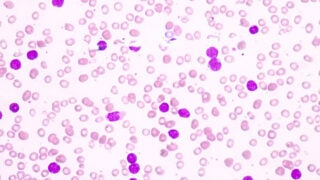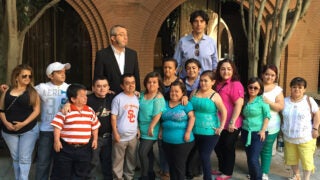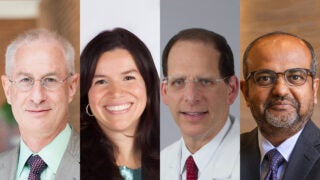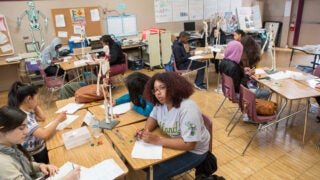USC researchers investigate whether state reporting mandates are associated with clinicians’ likelihood of underdiagnosing dementia.
Research
News Listing
The variant helps explain why Latino children face a higher risk of acute lymphoblastic leukemia and offers insights about what causes the disease.
A comprehensive literature review from USC researchers will inform updated clinical practice guidelines from the American Academy of Pediatrics.
Patients with growth hormone receptor deficiency, or Laron syndrome, appear to have lower than average risk factors for cardiovascular disease, according to a new study.
USC computer scientists are developing language technologies that could potentially identify who wrote anonymous text.
A recent USC study finds concerns about hospitals offering medical payment products may be overblown.
EARTH MONTH: USC Dornsife’s Wrigley Institute for Environment and Sustainability will use the Ballmer Group gift to study decarbonization strategies
Honorees join more than 40 USC faculty as fellows of the American Association for the Advancement of Science.
USC scientists find that adolescents who grapple with the bigger meaning of social situations experience greater brain growth, which predicts stronger identity development and life satisfaction years later.
During Second Chance Month, USC Rossier professors are making meaningful contributions to criminal justice reform.










